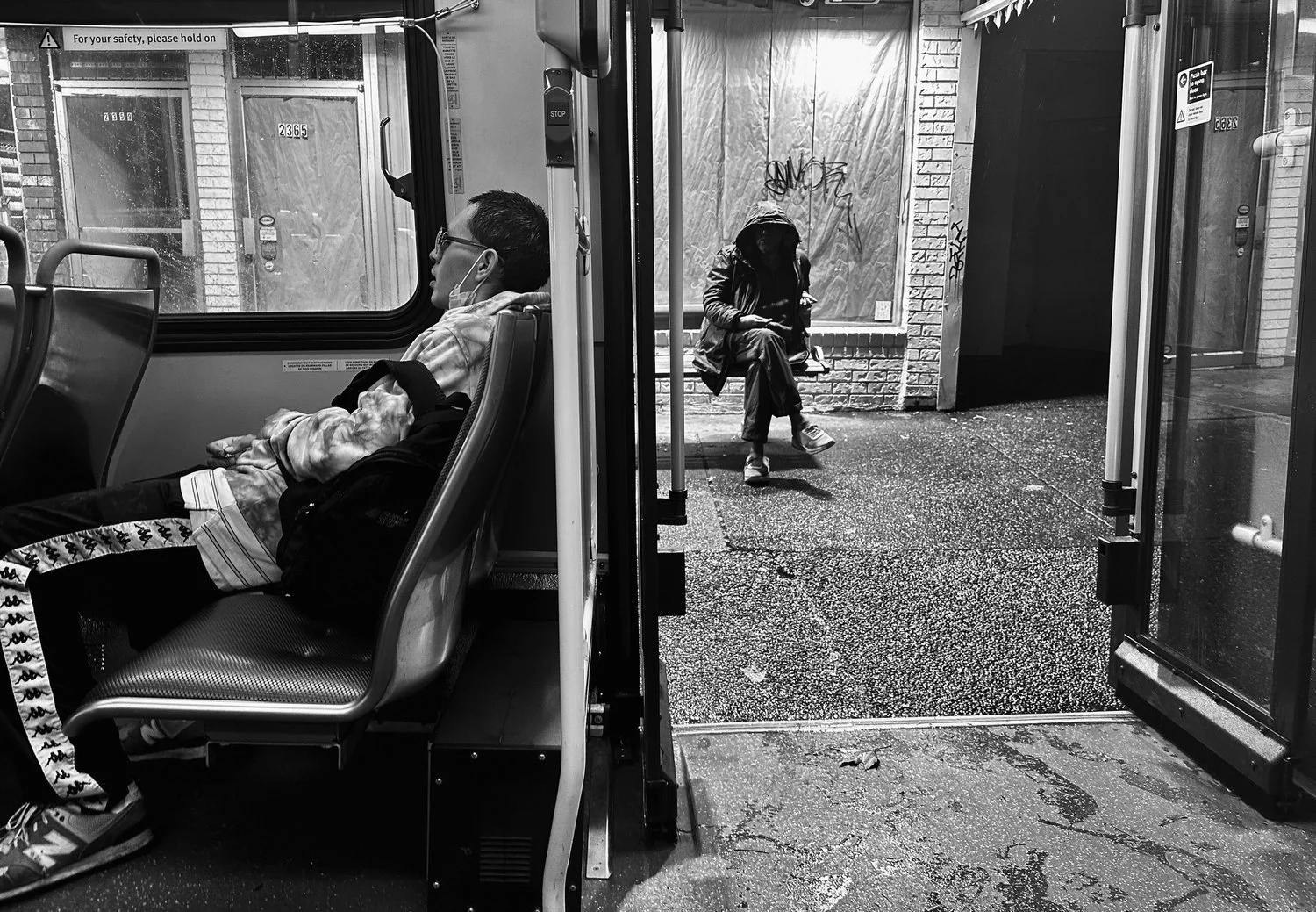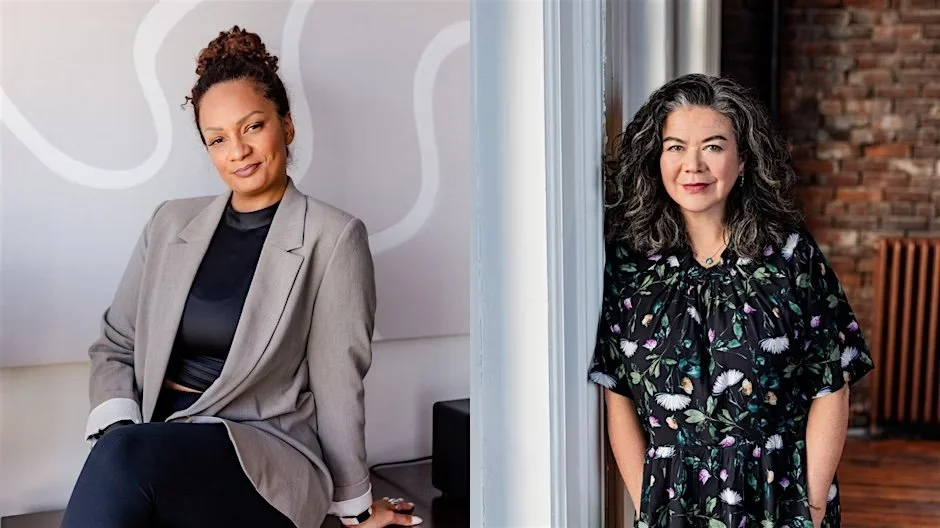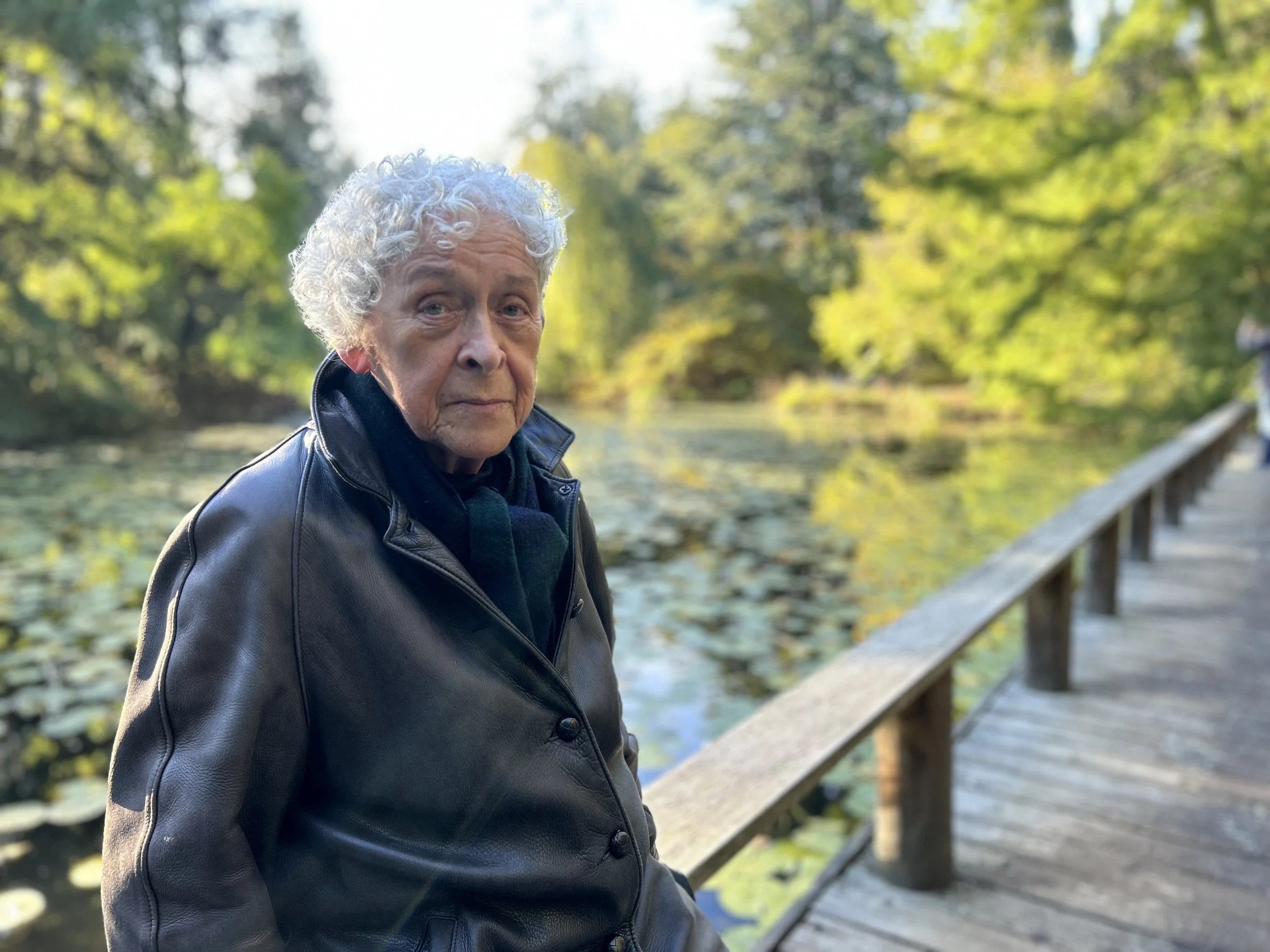Shane Koyczan's reflections on lockdown are also an elegy for extended loss of arts venues
In his new filmed Chan show, the spoken-word star explores his own pandemic depression
Shane Koyczan knows just how you feel in lockdown.
The Chan Centre for the Performing Arts streams Shane Koyczan as part of its Dot Com series on March 12 at 7 pm, with a preshow talk with the poet at 6:15 pm. Video is available through May
THE UNDERDOGS, the browbeaten, and the lost: they’ve long turned to Shane Koyczan for solace through hard times.
They’ve reached out to the ever-busy spoken-word poet through emails and letters, maybe because the raw honesty of his bullying memoir Stickboy, where he likened his school experiences to “trying to outrun the monster”, spoke so directly to their experience. Perhaps they’ve seen themselves in the heartbreaking animated video “To This Day”, where the grade-school hallways become a “battleground where we were outnumbered”. Or maybe they’ve related to the acutely carved empathy Koyczan shows in “Troll”, the viral video poem where he strikes back at online misanthropes who make “meals of our hope”. The beloved wordsmith has a unique ability to express our deepest pains and fears, and then vanquish them through the power of words.
But it’s during the pandemic that the letters the poet has received have taken on an even darker shade. And his own struggles with depression these past 12 months have made it a challenge to remain strong for those who look to him for hope.
It’s a difficulty he reveals to Stir before his upcoming filmed performance being streamed via the Chan Centre’s Dot Com series—notably, his first show in a year.
“The letters I got before this all happened were, yeah, pretty depressing in their own right—some of the letters I get from kids that are being bullied, or out there on their own particular edge thinking of making a dark choice,” the poet says from his hometown of Penticton. “That’s all kind of been amplified by this whole question mark around life now. And I’m sort of like ‘Fuck. I’m goin’ through it too.’
“I think we’re all really disconnected from each other,” he continues, pouring out his thoughts in a flow not unlike that of his poetry. “There is this odd chiaroscuro effect because we’re all living our lives online. So this tool we’re told is going to unite us is just dividing us. We’re not seeing each other as people anymore. We’re looking through our little windows of our phones and our computers and people are becoming less real to us….So it’s being stuck, being in one place.”
Koyczan, for the first time in years, has quite literally been stuck in one place, in Penticton. It’s a momentous change for an artist who’s been in demand since his exhilarating ode to Canada’s not-quite nationalism, “We Are More”, caused a buzz at the Opening Ceremonies for Vancouver’s 2010 Winter Olympics. The ensuing decade has brought a whirlwind of recordings, publishing, touring, TED talks, and collaborations with everyone from Tanya Tagaq and Dan Mangan to Vancouver Opera and David Suzuki. When COVID clenched its fist on the world last March, he was in Seattle performing, with a two-year runway of shows ahead of him. Now that’s all gone.
Shane Koyczan in one of Penticton’s empty venues in the new filmed performance.
Koyczan says he’s struggled over the lockdown to express his feelings in words. The Chan’s upcoming streamed presentation of new poetry captures the artist in shadowy black and white, delivering his thoughts in the atmospheric, but empty, arts venues around the Interior hometown where his grandparents raised him. The writing is drawn largely from his journal entries over lockdown.
“For somebody who already deals with depression, it kind of shut me down,” Koyczan reveals of the pandemic. “On the one hand, yeah, you have all this time to be creative and do these things. But you’re also shut down from experiencing. So much of what helps you write is the texture and the sort of tactile feelings you get from experiencing life. And so without that, it’s definitely proven difficult. Because you’re in one mode, you know—you’re in this elongated depression. And I don’t feel creative when I’m depressed.”
Given all this, it should shock no one that Koyczan stops to joke wryly that people shouldn’t expect “rainbows and sunshine” from his upcoming performance. But those familiar with his work would know better anyway: as much as Koyczan’s performances can reach crescendos of exuberance, they’re at their most vulnerable—and brave—when they access sadness, or crushing despair.
As difficult as many of the long pandemic days have been, the writer has clearly been writing a lot more than he lets on this year. As he acknowledges, he could have easily performed a “greatest hits” show for this performance—god knows he has enough material from his graphic novels (like Silence Is a Song I Know), poetry collections (like The Basement in My Attic), and albums (Debris). Instead, he allows that his first written version for this filmed performance was three hours long—and had to be edited down to an hour.
And though he warns this show feels a lot different from his previous work, expect Koyczan to do what he does best: distill the experiences we’re all having—in this case, what it feels like to be at the rock-bottom of pandemic shutdown. It’s been an entire year since businesses boarded up shopfronts; the shared act of 7 pm pot-banging drifted off long ago, giving way to a palpable despair through the winter lockdown, and now a numbness as vaccine rollouts stall and authorities keep moving the finish line.
The pandemic has been particularly hard on those who live alone--and that includes Koyczan. “I don’t even have a pet,” he says. “And the times I do go out I don’t see any faces. We’re all covered up; you can’t tell if anybody’s smiling. It’s really hard because as much as we’re living, you know, in this contagious age, there are also lots of things in our lives that are contagious that we need: things like a smile, things like joy. I need that.”
If there’s any hope that Koyczan has found through the darkness, it’s been the arts. That’s one of the reasons he’s chosen the empty cultural venues of Penticton for his virtual show: the Cleland Theatre, The Dream Café, the Many Hats Theatre, and, especially, The Bookshop, the Okanagan city’s most beloved second-hand store.
In many ways, the artfully shot new production is an elegy to the extended loss of these venues during the pandemic--a situation that feels painfully relevant in Vancouver, where health authorities shuttered theatres suddenly in November and have shown no sign of letting up. (Hilariously, sports bars have continued to draw crowds, to the point where the Rio cinema has started screening football games.) A sneak preview of Koyczan’s filmed performance features the poet, in his signature newsie cap, wandering the stacked shelves in the closed Bookshop, and surveying the vacant seats of the Cleland, saying: “Look at all these empty spaces. They used to be filled with music, comedy, drama, dance--each one a chrysalis from which creativity emerged. Now they’re just empty shells.”
The closure of theatres, Koyczan so eloquently reminds us, has come at a dire cost—not just economically for people who work in the arts, but to our mental health.
“The arts in particular were caught in this weird disparity where everything else gets a bit more leeway—like if you’re looking at sports, there can be events for that, but arts are shut down across the board,” he says. “And talk about ironic: everybody’s leaning on the arts so heavily to get through this, whether that’s music or the shows they’re watching or the books they’re reading or the paintings that give them calm. And I believe art will play a big role in our mental health recovery. But it ends up on the sacrificial altar: it’s always the first thing that’s like, ‘Oh, well, we can hold off on that.’”
Watching Koyczan recite his work in these haunting spaces promises a different kind of experience than his live performances of the past. Koyczan’s shows are known for the intense emotional connection--everyone’s sharing a single synaptic energy. You can feel the room with him, and it’s not unusual to see fans crying softly in their seats.
Without that live connection, Koyczan admits there were challenges with this filmed rendition.
“I’m used to performing live—it builds trust and relationship,” he says. “It’s an exchange and I give and they give; it’s that symbiotic relationship….When you’re in an empty theatre staring down the barrel of a camera it’s really difficult to get that performance.”
But what he creates instead is an intimacy that feel like listening in on someone’s articulately flowing thoughts.
If people look to Koyczan for anything, it’s for that kind of brutally open honesty.
“I didn’t want to shy away from what’s happening to me,” reflects Koyczan, who admits writing has been his therapy through the pandemic. “Art has a great ability to take the shape of the time that it exists in, but the time we’re in is the unknown...We’re all kind of stuck in this limbo waiting to see if, when we turn the key, is the engine gonna start? It’s been in the driveway the whole year.”
Whether Koyczan realizes it or not, it just feels better to hear someone express that—to shape the unknown, and contain it in words that we can understand and process. And in showing us that we’re not alone, here’s hoping that he realizes he isn’t either.
Find tickets and more info here.















